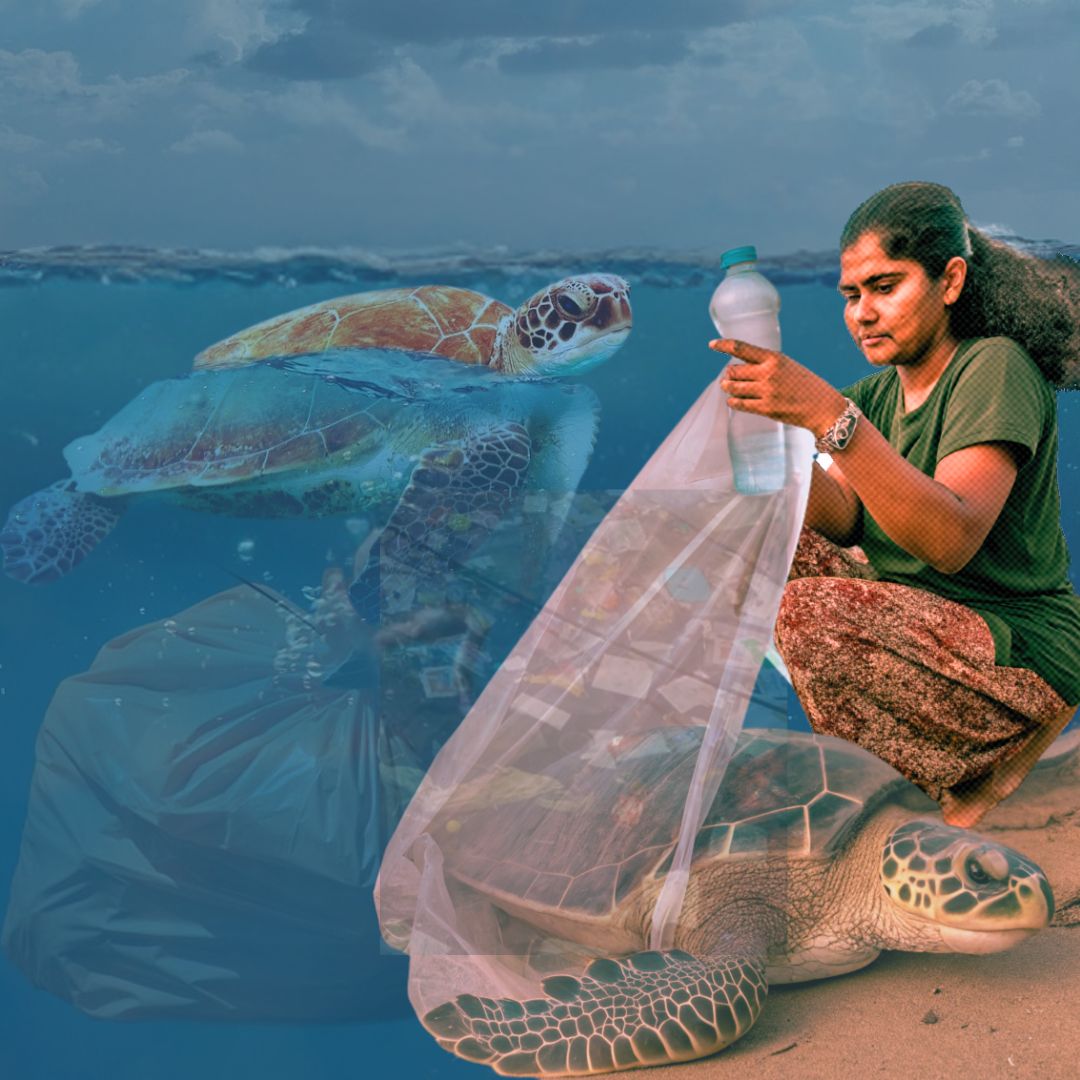An investigation by Greenpeace has revealed that five major oil and chemical companies—ExxonMobil, Dow, Shell, TotalEnergies, and ChevronPhillips—produced 132 million tonnes of plastic between 2019 and 2023, significantly overshadowing their efforts to clean up plastic waste. The Alliance to End Plastic Waste (AEPW), formed in 2019 with a pledge to divert 15 million tonnes of plastic waste, has only managed to remove 119,000 tonnes, leading to accusations of greenwashing. Critics argue that the alliance’s failure to meet its targets reflects a prioritization of public relations over genuine environmental impact. As global negotiations for a plastics treaty approach in Busan, South Korea, these revelations raise urgent questions about the effectiveness of industry-led initiatives in addressing plastic pollution.
Greenwashing Exposed: The AEPW’s Shortcomings
The AEPW was established with ambitious goals aimed at reducing plastic pollution through improved waste collection and recycling. However, documents obtained by Greenpeace indicate that the alliance has not only failed to meet its initial targets but also quietly abandoned its pledge to remove 15 million tonnes of plastic, deeming it “too ambitious.” In stark contrast, the five companies produced over 1,000 times more plastic than they cleaned up. Will McCallum from Greenpeace UK stated, “The recycling schemes they’re promoting can barely make a dent in all the plastic these companies are pumping out,” highlighting the disparity between their claims and actual practices. Additionally, the analysis by Wood Mackenzie noted that these companies produced 132 million tonnes of polyethylene and polypropylene alone during this period.
Background on Plastic Pollution Initiatives
Launched amid rising public concern over plastic waste, the AEPW aimed to shift the narrative away from outright bans on plastics towards long-term solutions. Documents from a PR firm revealed that a key aim of the AEPW was to “change the conversation” away from proposed bans on plastic amidst growing awareness of its environmental impact. Yet critics have labelled this approach as a form of greenwashing designed to obscure the harmful practices of its members. Environmentalists have pointed out that while the AEPW has touted its clean-up efforts, member companies have simultaneously expanded their plastic production capabilities by 20% since 2019. This contradiction raises serious doubts about the sincerity of their commitment to addressing plastic pollution.
Industry Response: Calls for Accountability
In light of these findings, representatives from the AEPW have defended their initiatives by stating that they are still in the early stages of their efforts and that significant progress takes time. However, environmental advocates argue that without immediate action and transparency, these claims fall flat. The alliance has reportedly lobbied against measures to limit plastic production during global treaty negotiations in South Korea. Critics like Duncan Meisel from Clean Creatives have stressed that these companies are not investing in upstream solutions or redesigning supply chains effectively. The need for stricter regulations and accountability measures is becoming increasingly clear as communities around the world grapple with the consequences of plastic pollution.
The Logical Indian’s Perspective
The findings from Greenpeace underscore a critical need for genuine accountability within corporate-led environmental initiatives. As we strive for a sustainable future, it is essential that companies prioritise real solutions over mere public relations strategies. The evidence suggests that without systemic changes to reduce plastic production at its source, efforts to clean up existing waste will remain inadequate. How can we encourage corporations to adopt more responsible practices that genuinely contribute to environmental sustainability?











